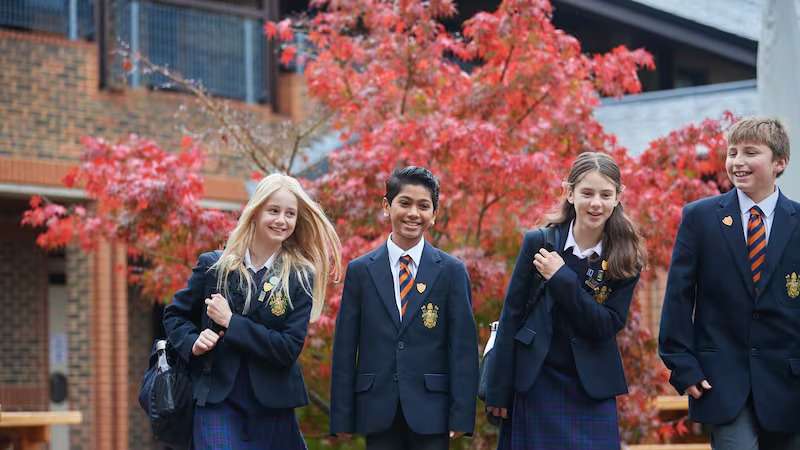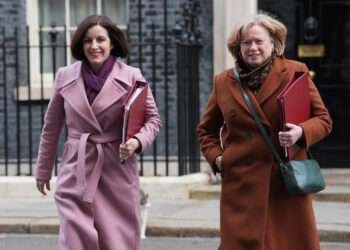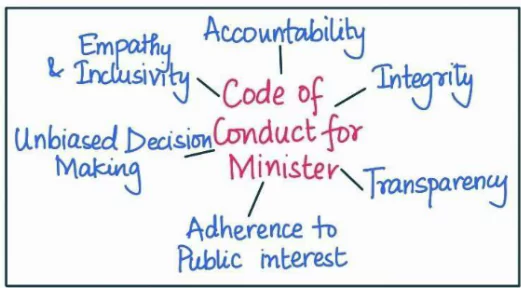Imposing a 20% VAT on international schools in the UK could lead to hundreds of students leaving these institutions, according to European diplomats, who are calling on the British government to reconsider the VAT exemption for these schools.
The German and French ambassadors, Miguel Berger and Hélène Duchêne, emphasized that international schools serve a unique purpose, distinct from typical British private schools, as they support the education needs of expatriate families with children who may need to return to national school systems abroad.
“For expats coming here for two, three or four years wanting their children to go back to the national system, their only option is to go to these schools,” Berger stated.
Concerns Over Impact on Families and Businesses
From January 2025, the British government plans to scrap the VAT exemption and business rates relief for private schools, a move aimed at generating revenue to fund 6,500 new teaching positions in the state sector.
However, international diplomats argue this policy overlooks the unique needs of international school students, who may not have realistic alternatives in the UK state system.
“We would really like to see the British government recognize the importance of these schools – not only for our political and cultural relations but also for the people this will affect,” Berger said.
Germany’s Deutsche Schule London, located in Richmond, is one of these institutions that could be significantly affected. Berger highlighted that if the VAT measure is implemented, approximately 20-25% of the school’s 900 students might have to leave.
The German government currently covers 30% of the school’s operating costs and 50% of its investment, reflecting substantial state funding that could be jeopardized by a VAT increase.
International Schools Play Vital Role for Expats
The French ambassador to the UK, Hélène Duchêne, echoed these concerns, noting that France accredits 11 schools across the UK, including nine in London, where many French families send their children to follow a curriculum aligned with French education standards.
“We are not asking for an exemption; we are not the target of this VAT measure,” said Duchêne.
“Our schools are different from the target ones since we follow special courses preparing for French exams. These parents don’t have a plan B because other schools don’t follow the French curriculum.”
Hélène Duchêne

Around 6,300 students in UK-based French schools could be impacted by the VAT changes, Duchêne added, cautioning that the tax might disrupt Britain’s relationship with France, which the British government has recently sought to “reset.”
She further pointed out that VAT on international schools could pose additional challenges for French companies operating in the UK, which rely on these educational institutions to support employees relocating to Britain.
Critics of the proposed tax changes have voiced concerns about the quick timeline and the broader impact on families, including those with children who have special learning needs and rely on specialized independent schools, as well as on military families who may face fewer options for schooling.
For now, the question remains whether the British government will reconsider its plans for these international schools, given the potential ripple effects on diplomatic relations and the expatriate communities they serve.





















